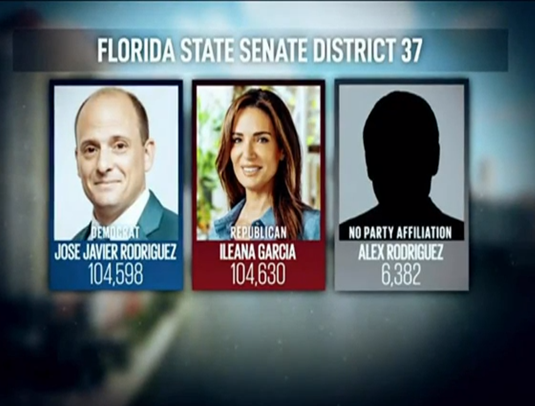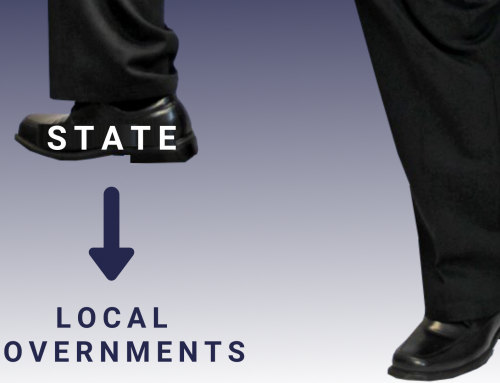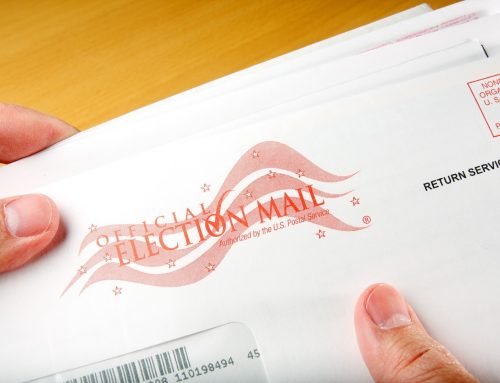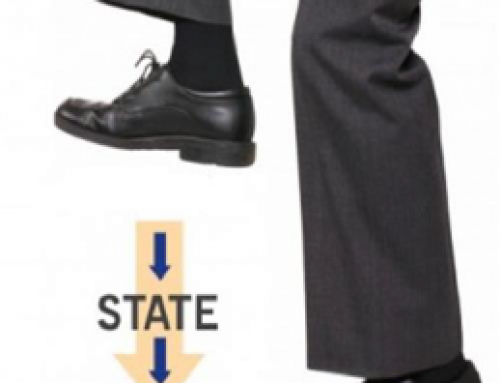Download the full PDF report here
December 2022
Executive Summary
The term “ghost candidate” was first used in Florida press reports to describe a political dirty trick
that took place in three state Senate races during the 2020 election cycle. In the Senate races for
Districts 9, 37 and 39, No Party Affiliated candidates were essentially bribed to enter the races in
a scheme to siphon votes away from Democratic candidates in favor of their Republican
opponents.
Leaked documents from an Alabama-based political consulting firm with ties to Florida’s largest
utility Florida Power and Light show how “dark money” political committees worked behind the
scenes to promote the ghost candidates, even though the candidates themselves did no
campaigning.
In large part, the ghost candidate scheme worked. All three Republican candidates won their
elections. It is important to note that the votes that were siphoned away from the Democratic
candidates in two of the Senate races would not have changed the outcome. However, in one race
it clearly did.
In the race for Senate District 37, incumbent Democratic Senator José Javier Rodríguez lost to his
Republican challenger by just over 30 votes. A ghost candidate with the same last name who did
no campaigning yet was the beneficiary of a dark money advertising campaign, received over
6,000 votes. Clearly, the ghost candidate in the race received a significant number of votes,
indicating that the candidate successfully siphoned votes away from the Democratic incumbent.
While there were several races in the 2018 and 2020 election cycles where ghost candidates were
used to siphon votes, Florida has had a long history of ghost or spoiler candidates being used to
make sure primary elections are closed to only voters of one party. A constitutional amendment
passed in 1998 was meant to open primary elections to all voters in a district if the candidates were
in the same political party and the primary would decide who represents the district.
The constitutional amendment did not address what effect a write-in candidate would have on the
primary, thus creating a loophole that allows primaries to remain closed when a write-in candidate
enters a race. The so-called write-in loophole has been used extensively by both political parties
since 2000 to manipulate elections and thwart the intent of the voters when they passed the open
primary constitutional amendment.






